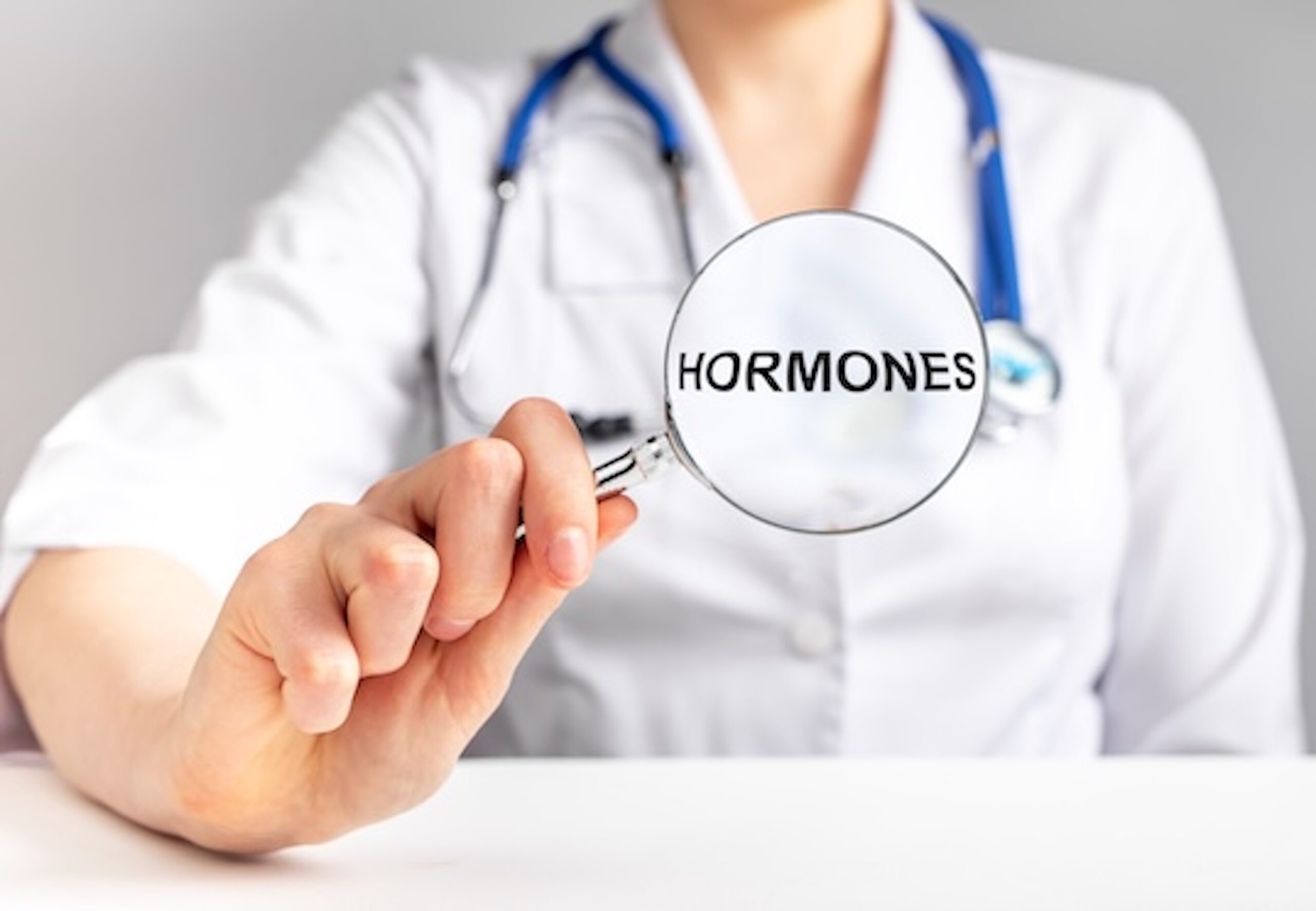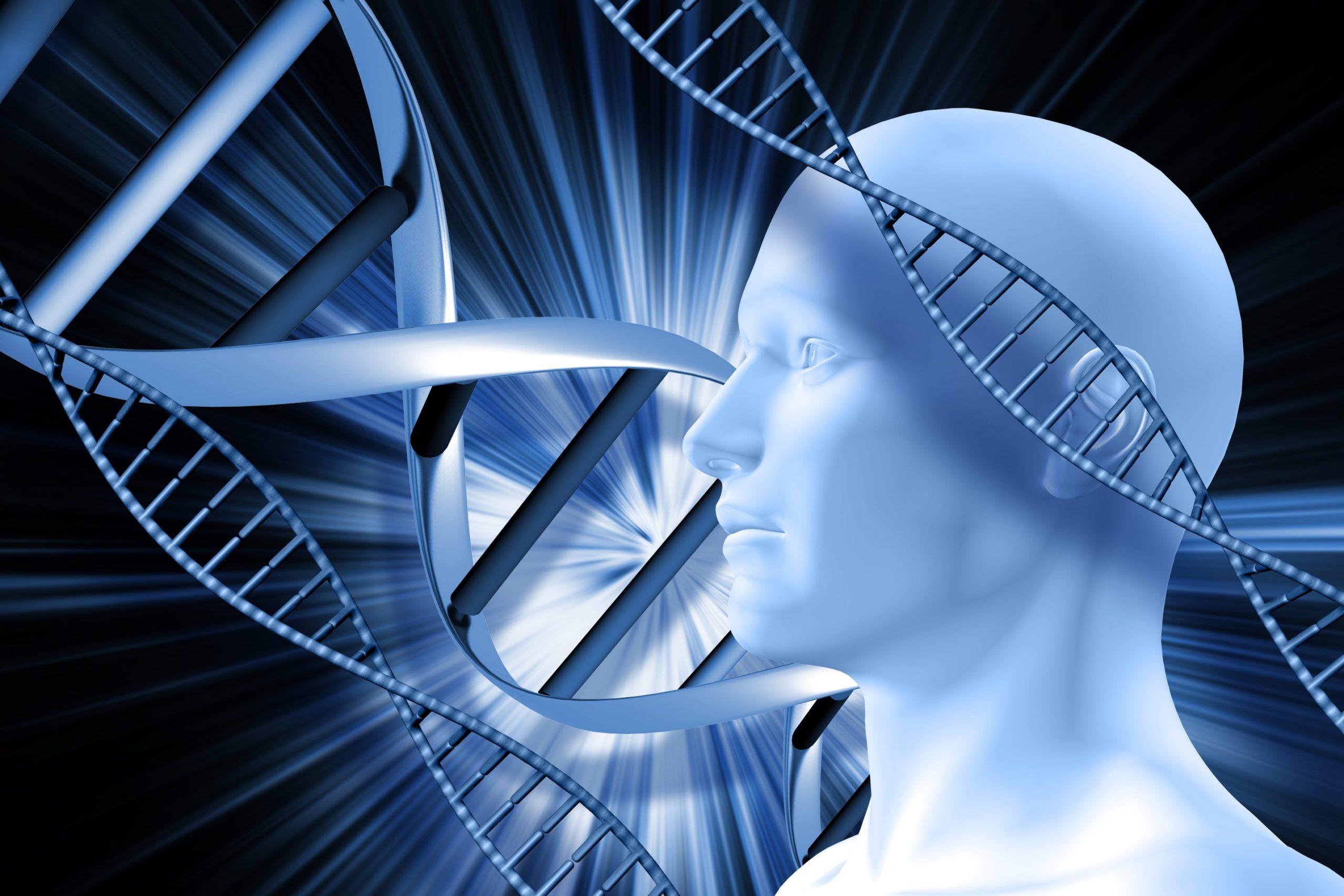
The Impact of Hormones on Sexuality: How Biology Shapes Our Desire, Intimacy, and Love
Why Hormones Matter in Sexuality
We often talk about love and desire as emotional or psychological experiences—but there’s a powerful biological engine driving it all: hormones.
Sexuality, like digestion or breathing, is a physiological function. Yet, it also touches our mental well-being, emotional security, and relational fulfillment. Studies show that sexuality remains vital for 63% of women and 83% of men—regardless of age. As we age, our sexual health becomes a marker of life quality, and hormones are at the heart of that conversation.
Testosterone: The Driver of Desire
Often called the “sex hormone,” testosterone is critical for both men and women.
🧬 In Men:
-
Fuels libido, erectile quality, and confidence
-
Declines gradually with age, affecting performance and motivation
-
Called the “hormone of conquest”, it’s essential for erotic drive
🧬 In Women:
-
Powers desire, arousal, and seduction behavior
-
The female body is extremely sensitive to small amounts
-
Levels drop at perimenopause, impacting libido significantly
📌 Warning: Never self-prescribe testosterone. A medical assessment is crucial to avoid dangerous side effects.
Estradiol: Feminine Power in Pleasure
Estradiol, a dominant estrogen, plays a unique role in female sexuality and—surprisingly—also influences men.
🌺 In Women:
-
Ensures vaginal lubrication and tissue health
-
Enhances self-esteem, mood, and emotional closeness
-
Drop in estradiol during menopause causes dryness and discomfort
🌺 In Men:
-
Supports fantasy and imagination
-
Enhances orgasmic potential when in balance
If testosterone is the match, estradiol is the spark that ignites the flame.
DHEA: The Forgotten Hormonal Fuel
DHEA (Dehydroepiandrosterone) is a lesser-known hormone that acts as a precursor to testosterone and estrogen.
-
Energizing and anabolic, peaking during puberty
-
Drops rapidly after age 40
-
Crucial for women to maintain sexual vitality
⚠️ Despite its reputation, DHEA supplements haven’t consistently proven effective in studies. And no, tabbouleh or yams won’t raise your DHEA—that’s a myth!
Melatonin: A Surprising Ally in the Bedroom
Mostly known for regulating sleep, melatonin also helps improve sexual performance:
-
Reduces stress, a known libido killer
-
Enhances vaginal lubrication and erectile rigidity
-
But too much can dampen sexual drive—balance is key
Vasopressin: The Link to Monogamy?
Could loyalty be hormonal?
Animal research shows that vasopressin receptors impact social behavior. Fewer receptors lead to solitary or polygamous tendencies, while more can promote bonding and monogamy.
Though findings are early-stage, it offers a compelling view into why some bonds feel deeper than others—biochemically speaking.
Progesterone: The Mood Regulator
A calming, balancing hormone, progesterone:
-
Counters stress and emotional irritability
-
Works with estradiol to regulate ovulation
-
In men, excess levels suppress libido and can cause infertility
In women, it declines sharply at perimenopause, contributing to mood swings and lowered sexual interest.
Thyroid Hormones: Often Overlooked, Always Important
Your thyroid function is deeply tied to sexual function.
Imbalances (hypo- or hyperthyroidism) can cause:
-
Loss of desire
-
Difficulty reaching orgasm
-
Erectile issues and delayed ejaculation in men
✅ Regular thyroid checks are essential for both general and sexual health.
Oxytocin: The Hormone of Attachment and Orgasm
Nicknamed the “cuddle hormone”, oxytocin is:
-
Released during orgasm, birth, and breastfeeding
-
Triggered by touch, eye contact, and even scent
-
Builds emotional safety, trust, and bonding
Despite lasting only 3 minutes in the blood, oxytocin’s effects are profound. It’s the glue of intimacy.
Prolactin: From Breastfeeding to Bedroom
Prolactin levels spike after orgasm, contributing to the post-sex feeling of calm and fullness.
However:
-
Prolonged high levels (e.g., during breastfeeding) suppress libido
-
Men can also suffer from high prolactin, which lowers sexual desire
💡 If sexual apathy is persistent, a prolactin blood test could be key to diagnosis.
🧠 Quiz Time: How Well Do You Know Your Hormones?
Respond with True or False:
-
Women need testosterone to feel sexual desire.
-
Prolactin surge post-childbirth causes lowered libido.
-
Oxytocin triggers both orgasm and childbirth contractions.
-
Men always have more desire because they make more testosterone.
-
Men with high prolactin can also lose libido.
-
All hormone imbalances (e.g., thyroid) affect sexuality.
-
Menopause-related dryness is more about estrogen drop than loss of desire.
✅ Answers:
-
True
-
True
-
True
-
False
-
True
-
True
-
True
Final Thoughts: Understanding Hormones Is Empowering
Your body is talking—through desire, dryness, energy, and mood—and hormones are the language. Understanding how these chemical messengers affect your sexuality gives you the tools to take back control.
Whether you’re exploring your desire for the first time, navigating postpartum changes, or embracing midlife intimacy—hormone health is sexual health.
Read More
-
Comment parler SEXE avec son ado
-
Comment augmenter mon désir sexuel ?
-
When can I resume sex after childbirth?
-
I am not lubricating during sex.
-

La sécheresse vaginale
-

L’anéjaculation, Grâce ou malédiction ?
